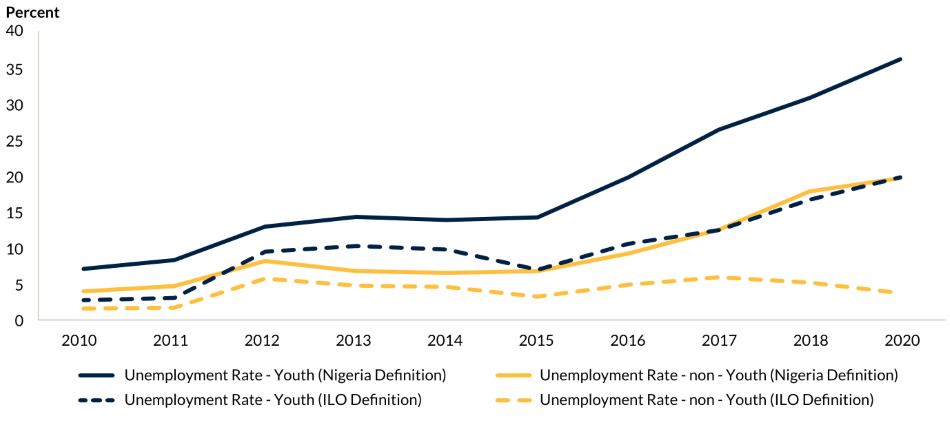STOCKHOLM, SWEDEN September 20, 2025 — Official data from the Swedish Migration Agency has revealed that no fewer than 7,646 Nigerian nationals have applied for asylum in Sweden over the past 24 years, reflecting a steady wave of migration driven by economic challenges, insecurity, and the pursuit of better living conditions.
According to figures obtained directly from Sweden’s migration data portal, between 2000 and 2021, Nigeria accounted for 6,783 asylum applications. The trend continued into the current decade, with 288 applications recorded in 2022, 200 in 2023, and 375 in 2024 alone. Among the 2024 submissions, 239 were first-time applications, while 136 were follow-up claims from individuals whose temporary residence permits had expired.
A notable demographic shift was observed in 2024, with women making up nearly two-thirds of the fresh applicants. Additionally, 60 adults were accompanied by children, and one unaccompanied Nigerian minor also filed for protection that year. Overall, since 2000, a total of 132 unaccompanied Nigerian minors have applied for asylum in Sweden.
The peak years for Nigerian asylum applications occurred in 2003, with 452 applications, and again in 2013, when the figure rose to 601. Despite these numbers, Nigeria still trails behind other African nations such as Somalia, Eritrea, Sudan, and Ethiopia, which have recorded significantly higher figures. Somalia alone has logged over 54,000 asylum claims since 2000, while Eritrea has seen more than 39,000.
In terms of approval, Nigerians have faced increasingly tough odds. In 2024, the rejection rate stood at 88% for Nigerian applicants — among the highest for any nationality. For comparison, asylum seekers from Colombia faced a staggering 99% denial rate. On the other hand, the majority of protections granted in Sweden went to nationals of Syria, Afghanistan, Eritrea, Somalia, Iraq, Iran, Ethiopia, Palestine, Ukraine, and stateless persons, all of whom are often fleeing conflict zones or facing systemic persecution.
Sweden has notably tightened its asylum policies in recent years. Under the 2023 Tidö Agreement, the Swedish government adjusted its asylum framework to meet only the European Union’s minimum protection standards, resulting in more temporary permits, stricter family reunification policies, and an uptick in deportations.
Back home, the migration trend has sparked concern among policy experts. Speaking to Punch, Abuja-based development economist Dr. Aliyu Ilias described the pattern as part of Nigeria’s worsening brain drain crisis, warning that the country is losing vital human capital to the West without mechanisms for return or reintegration.
“So, it is a total brain drain in the long run, and for the economy, it is reducing our GDP. The appalling part is that most of our Nigerian brothers and sisters who go out do not return,” he lamented.
As more Nigerians look abroad for security and opportunity, the road to Europe — particularly through official asylum channels — appears increasingly narrow, uncertain, and fraught with challenges.







